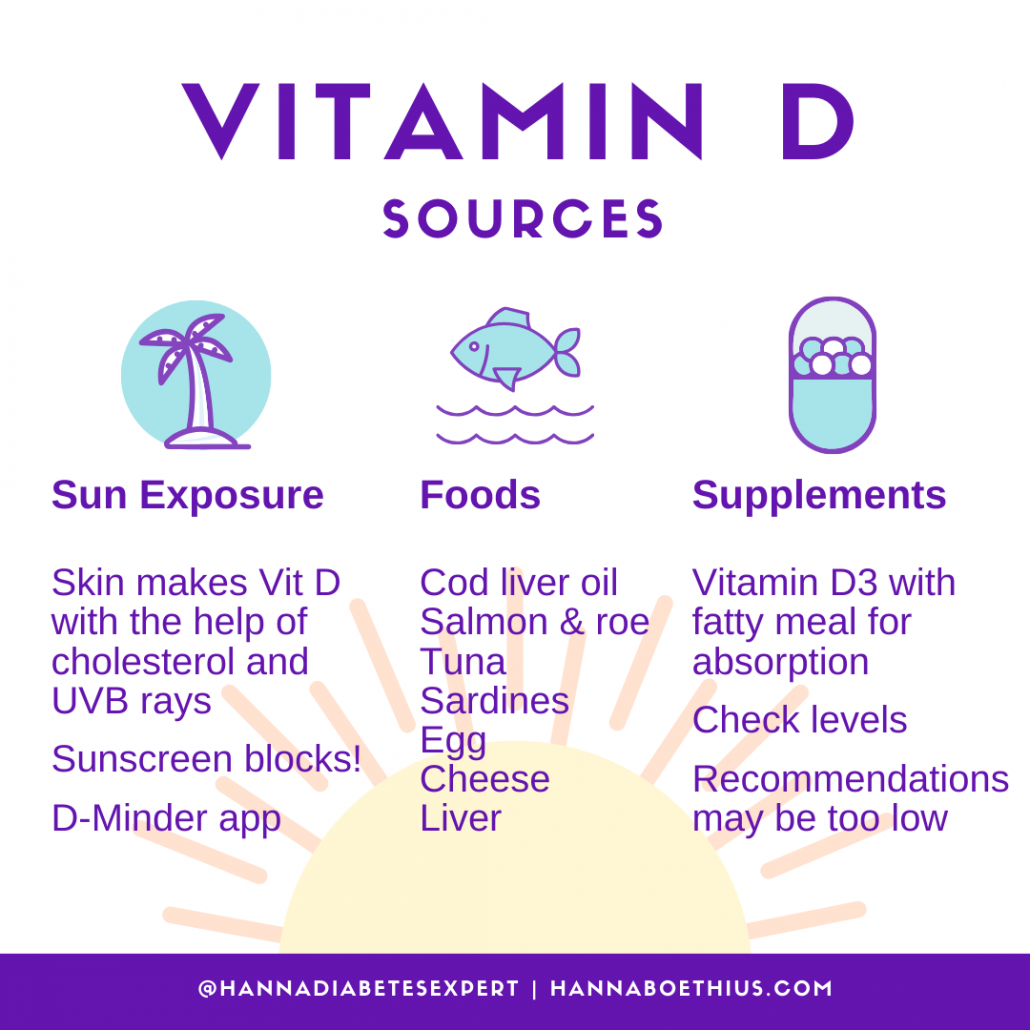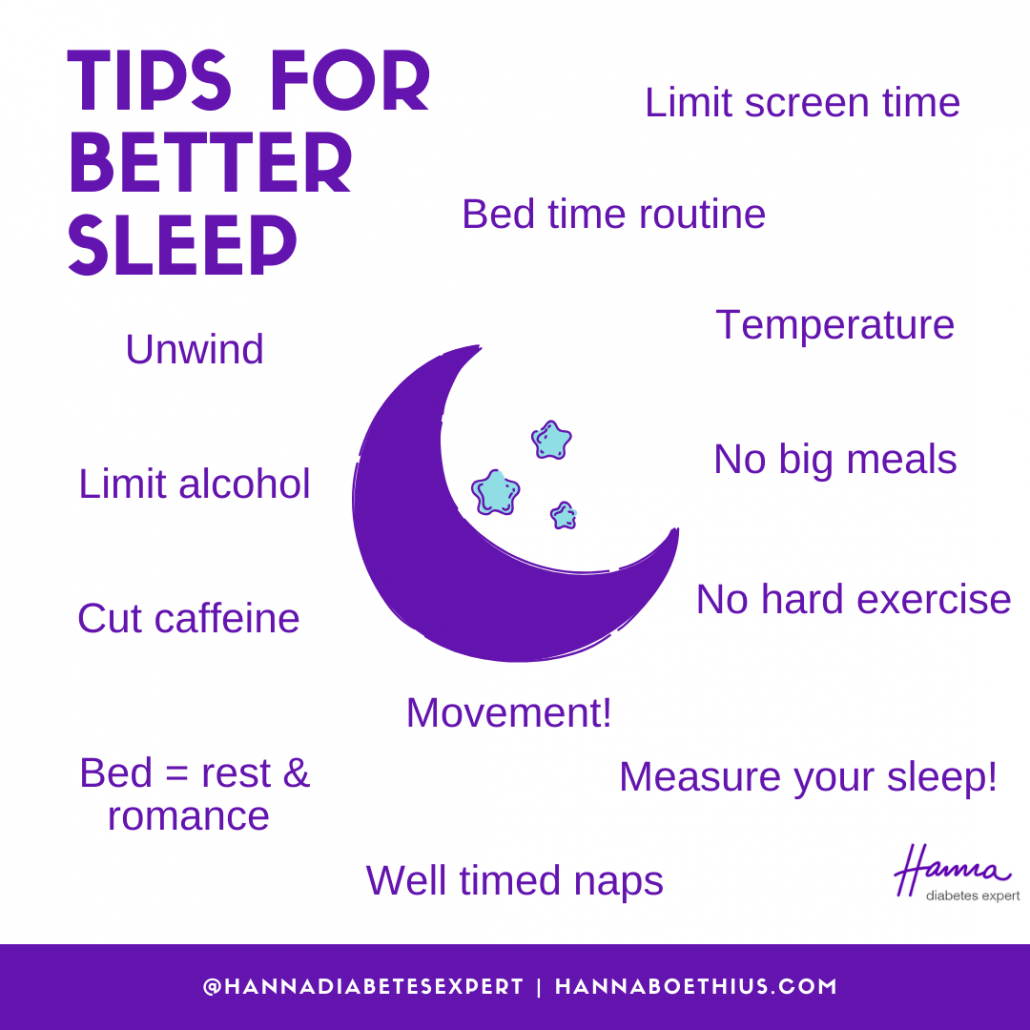Questions for (Diabetes) Companies

Photo by Clark Tibbs on Unsplash
For the past few years, I’ve had the incredible honor of being asked to mentor and collaborate with different Diabetes companies on their person centricity – both large and smaller ones.
Providing Diabetes companies with the person with diabetes (PWD) insights, experience and expertise is (or should be?) very valuable to the companies, and should be an integral part of said company’s strategy and communications.
20 Questions for (Diabetes) Companies
Today, I thought I’d share a few of the questions I consider with these companies with you:
- How does the company collect and incorporate PWD feedback into their product development process?
- What strategies does the company use to ensure your services/products are designed/co-created with the PWD’s needs as a primary focus?
- How does the company educate and empower PWD to make informed decisions about their health using the platform/solution?
- Does the company have a PWD advisory board or any formalized PWD involvement in their decision-making process?
- What measures does the company take to ensure the privacy and security of PWD data?
- How does the company measure PWD satisfaction, and what key metrics do they track?
- How does the company ensure that their technology or service is accessible and user-friendly for PWD of all demographics, including those with disabilities?
- Can they describe any specific initiatives or programs aimed at increasing PWD engagement with their service or product?
- Can they share any success stories where PWD involvement significantly improved an outcome or aspect of their service?
- What are the future plans or upcoming initiatives to enhance PWD involvement in the company?
- How does the solution personalize care to meet the individual needs of each PWD?
- How quickly can PWD expect to see changes or improvements based on their feedback?
- What communication channels does the company use to interact with PWD, and how do they ensure efficacy?
- How does the compnay ensure that their services/products are culturally sensitive and appropriate for diverse populations?
- Can they provide examples of how PWD involvement has led to improved health outcomes?
- What strategies does the company have in place to retain patients and ensure the PWD’s continued engagement with the product/service?
- How does the company handle PWD complaints or negative feedback, and what processes are in place to address them?
- Do they involve PWD in the user testing phase of the product development? If so, how?
- How does the company support people with diabetes regarding ongoing healthcare needs?
- Does the compnay collaborate with PWD organizations or advocacy groups to improve their offerings? If yes, how do these collaborations impact the product/service?
Which questions did I miss? Let me know in the comments!


